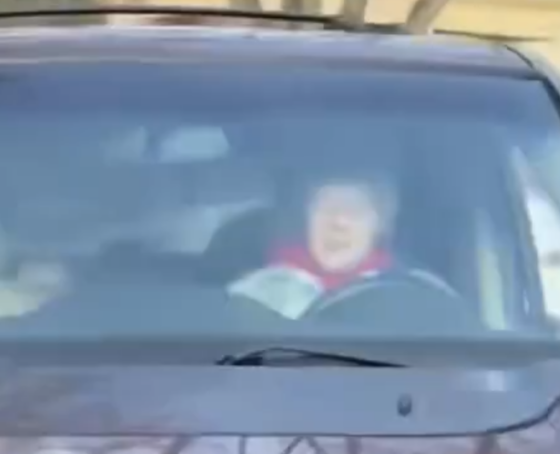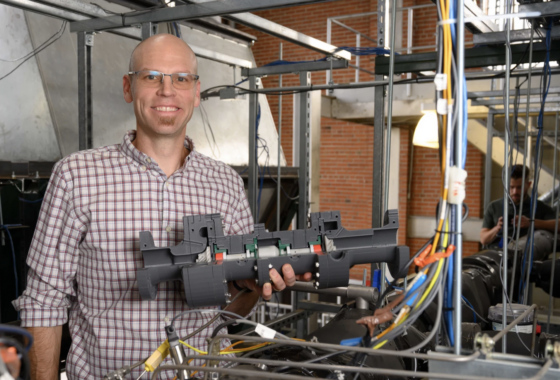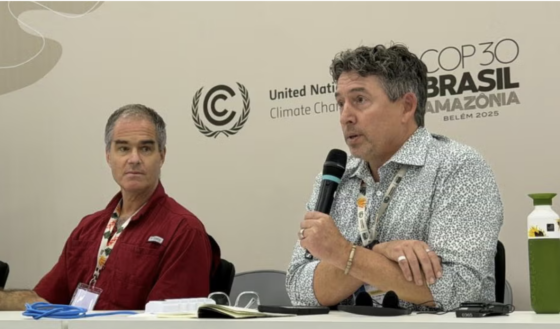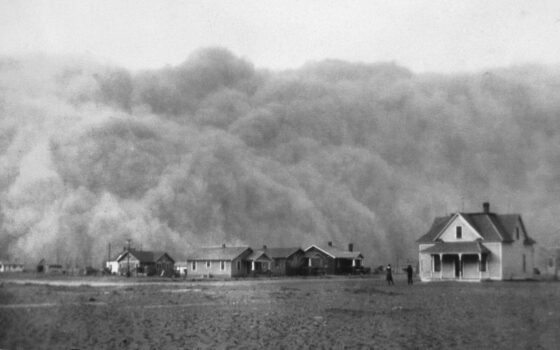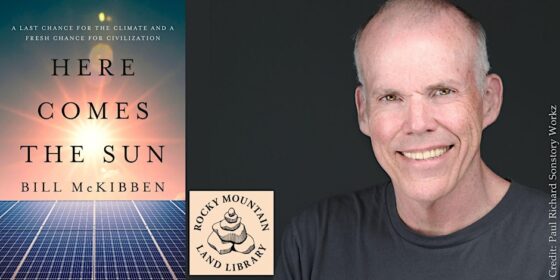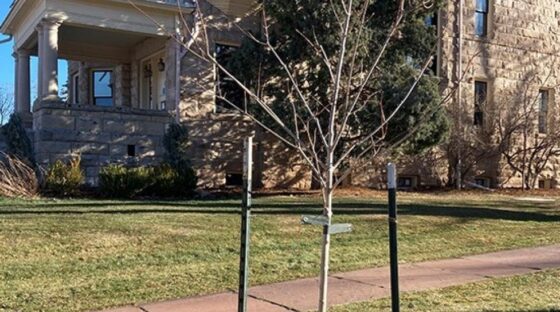
Water your trees! This warm, dry winter means urban trees need extra water to stay healthy. City of Boulder foresters Patrick LaPhilliph and Andrew Holt, and City of Longmont forester Brett Stadsvold share how and why the cities waters trees once a month during dry winter months, how citizens can properly water winter trees, and resources in both cities for helping trees stay healthy. And no . . . last week’s dusting of snow was NOT enough — trees still need water!
Show Producer/Engineer Shelley Schlender
Executive Producer: Beth Bennett
Podcast: Play in new window | Download (Duration: 25:33 — 29.2MB)
Subscribe: RSS



